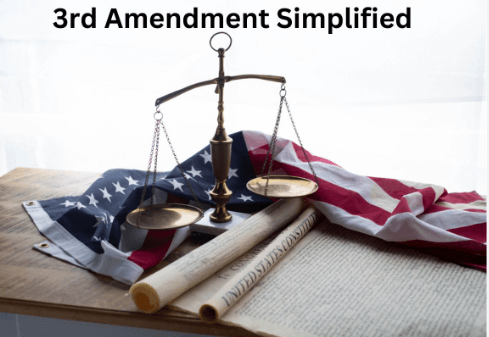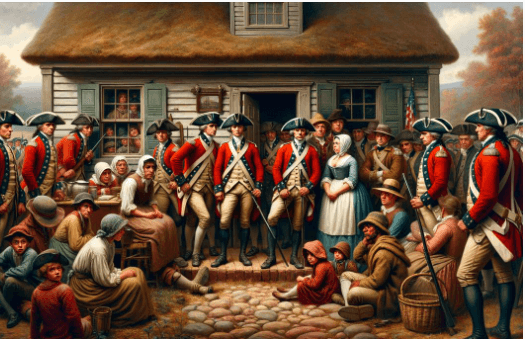Clipart:0b5metpzice= 3rd Amendment

The Clipart:0b5metpzice= 3rd Amendment serves as a pivotal element in the discourse surrounding individual rights and government authority, particularly in the context of historical grievances against military encroachments. Its explicit prohibition against the quartering of soldiers in private homes underscores the importance of personal autonomy and property rights. As we explore the amendment’s historical background and its contemporary implications, one must consider how this seemingly archaic provision continues to resonate in today’s discussions on privacy and government overreach. What are the implications of its principles in our current legal landscape?
Historical Background of the Amendment
The Clipart:0b5metpzice= 3rd Amendment to the United States Constitution, which prohibits the quartering of soldiers in private homes without the owner’s consent, emerged from a specific historical context marked by colonial grievances against British military practices.
These colonial experiences highlighted significant privacy concerns, as British troops often occupied private residences, infringing upon the autonomy and personal liberties of citizens.
Read More Clipart:_Zqyqlxkxpk= Red Truck
Thus, this instigated a profound desire for protection against such governmental overreach.
Key Provisions and Language
One of the essential aspects of the Clipart:0b5metpzice= 3rd Amendment is its clear and direct language, which encapsulates the core principle of individual rights against military intrusion.
The Amendment explicitly prohibits the military quartering of troops in private homes without consent, thereby safeguarding property rights.
This provision reflects a fundamental respect for personal autonomy and the sanctity of private property in the context of a free society.

Modern-Day Relevance
In contemporary society, the Clipart:0b5metpzice= 3rd Amendment prohibition against the quartering of soldiers in private homes without consent remains a pertinent safeguard of individual liberties.
As privacy concerns heighten in an era of increased military presence and surveillance, this constitutional protection provides a critical reminder of the importance of personal autonomy.
Upholding such rights is essential to maintaining the balance between security and freedom in modern governance.
Legal Cases and Interpretations
Although the Clipart:0b5metpzice= 3rd Amendment has seldom been the focal point of legal disputes, its principles have been explored in a few notable cases that illuminate its broader implications for personal privacy and government authority.
Read More Clipart:1wjiag8ddlm= Chips
Court rulings have addressed military implications, underscoring the need for strict limitations on government intrusion into private residences, thereby reinforcing the foundational tenets of individual liberty against potential overreach by state forces.
Conclusion
The Clipart:0b5metpzice= 3rd Amendment, while often overlooked, remains a foundational element in the protection of individual rights against governmental intrusion. Its explicit prohibition of quartering soldiers in private homes without consent underscores the importance of personal autonomy and property rights. This historical safeguard continues to resonate in contemporary discussions surrounding privacy and security, serving as a critical reminder of the need to uphold individual liberties in the face of potential overreach by the state.
